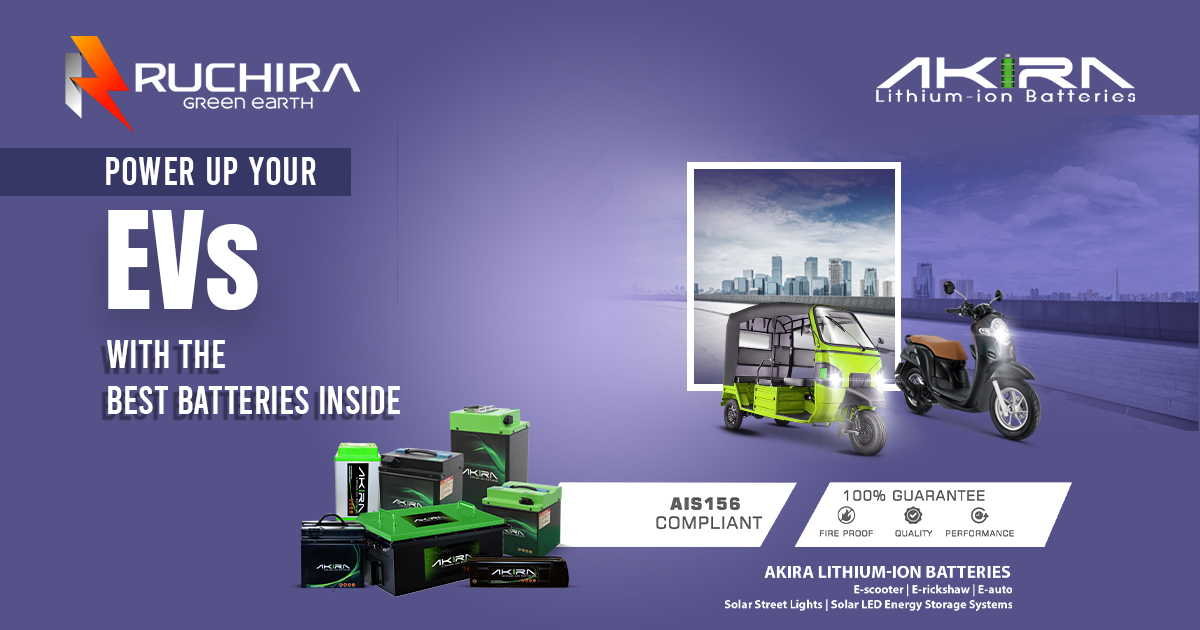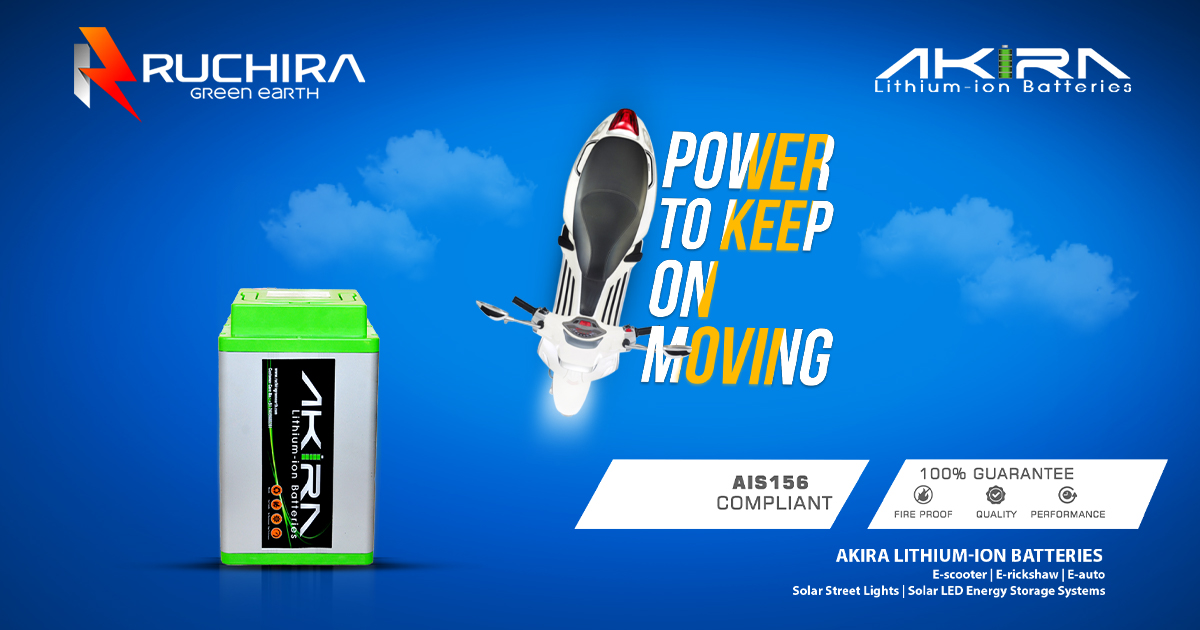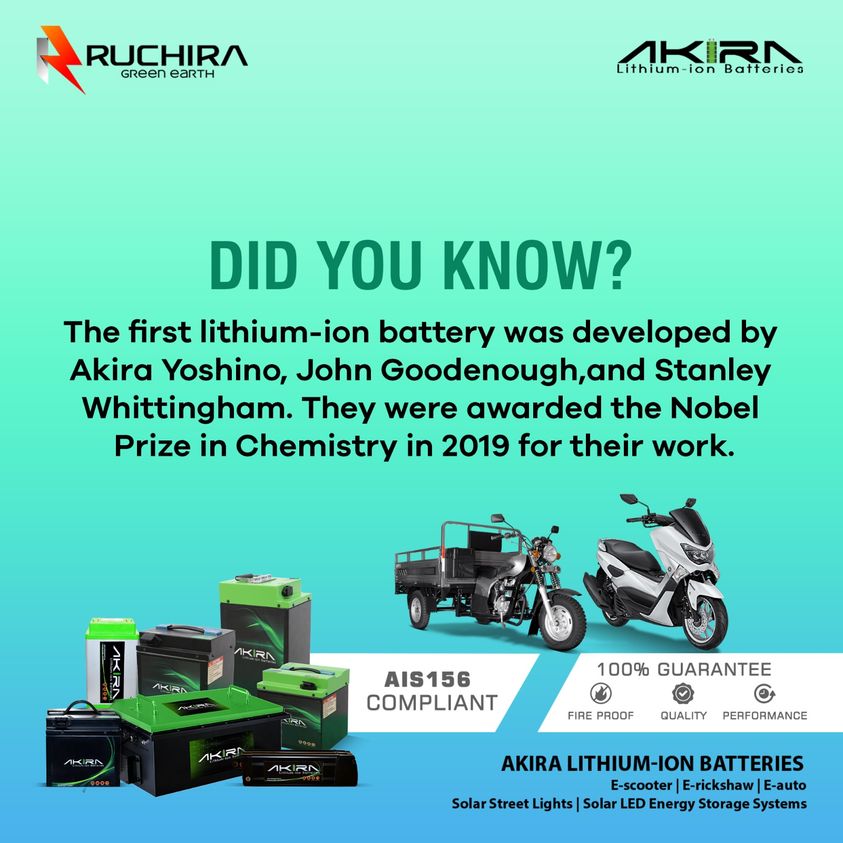In the ever-evolving landscape of transportation, the rise of electric vehicles (EVs) has emerged as a game-changer, offering sustainable and efficient mobility solutions. At the heart of this transformation lies the technology powering these vehicles – the EV batteries. As a reliable EV battery manufacturer in Haryana, Akira is at the forefront of revolutionizing electric mobility with its innovative battery solutions.
Driving Innovation
Akira is dedicated to driving innovation in electric mobility through its cutting-edge EV battery technology. With a relentless focus on research, development, and manufacturing excellence, Akira’s EV batteries are designed to meet the evolving needs of the automotive industry. By leveraging advanced materials, engineering expertise, and state-of-the-art manufacturing processes, Akira delivers high-performance batteries that redefine the standards of electric mobility.
Engineering Excellence
Akira’s EV batteries are engineered to deliver unmatched performance, reliability, and durability. From cell design and chemistry optimization to module assembly and pack integration, every aspect of Akira’s battery manufacturing process is meticulously crafted to ensure superior quality and consistency. By adhering to stringent quality standards and rigorous testing protocols, Akira guarantees the reliability and safety of its EV batteries, providing peace of mind to both manufacturers and consumers.
Sustainability at the Core
At Akira, sustainability is not just a buzzword – it’s a core value that drives every aspect of our business. By transitioning to electric mobility powered by clean energy, we are committed to reducing carbon emissions and mitigating the impacts of climate change. Akira’s EV batteries play a crucial role in this transition, offering an environmentally-friendly alternative to traditional combustion engines. With zero tailpipe emissions and lower carbon footprints, EVs equipped with Akira batteries pave the way towards a cleaner and greener future.
Empowering Electric Mobility
As the demand for electric vehicles continues to grow, Akira is committed to empowering electric mobility with its innovative battery solutions. Whether it’s e-rickshaws or two-wheelers, Akira’s EV batteries are powering a wide range of electric vehicles across diverse applications. With a focus on performance, efficiency, and sustainability, Akira is driving the adoption of electric mobility and shaping the future of transportation worldwide.
Conclusion
In conclusion, Akira EV batteries are not just a power source – they are the driving force behind the future of electric mobility. With a relentless commitment to innovation, engineering excellence, and sustainability, Akira is leading the charge toward a cleaner, greener, and more sustainable transportation ecosystem. As a trusted EV battery manufacturer in Haryana, Akira is powering the transition to electric mobility and empowering a brighter, more sustainable future for generations to come. Akira EV batteries are more than just power sources – they are catalysts for change in the automotive industry. With their innovation, sustainability, and performance, Akira EV batteries are powering the future of electric mobility.
Ready to join the electric revolution? Explore Akira’s range of high-performance EV batteries and experience the power of sustainable mobility. Contact us today to learn more about our innovative solutions and how we can partner with you to shape the future of electric mobility.


